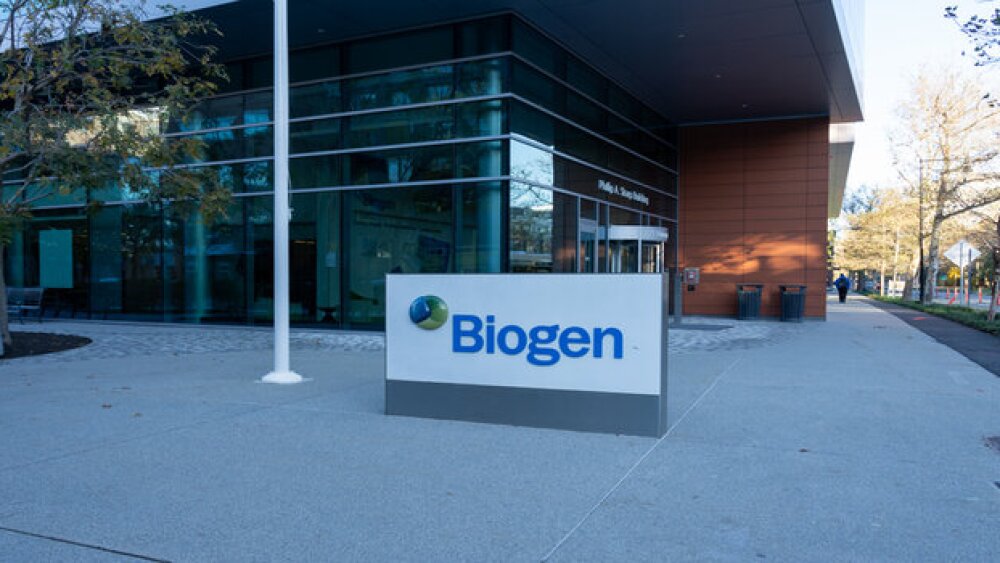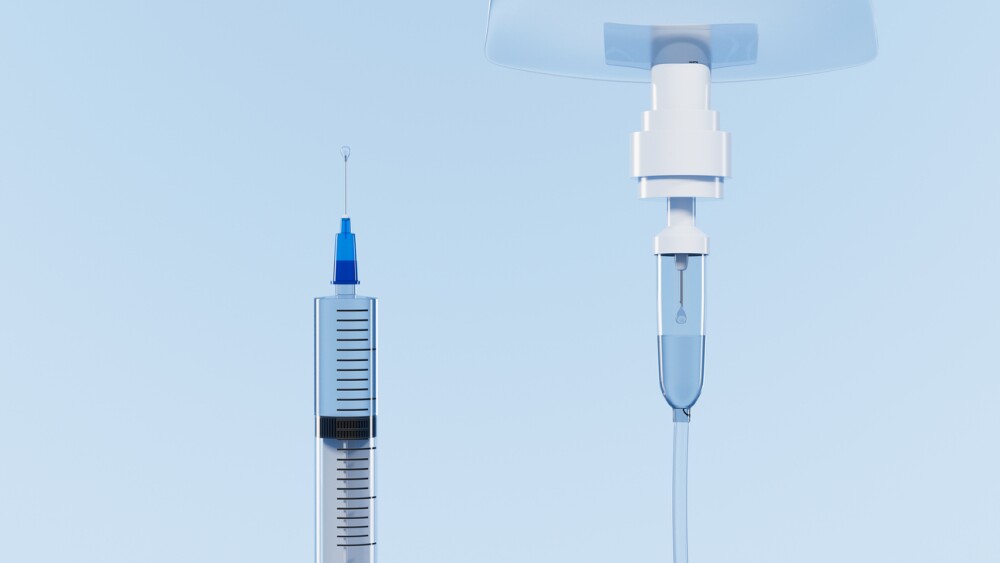Early data from a Phase III study for COVID-19 shows significant promise with its combo therapy reduced death and hospitalization in trial patients at high risk of progression by 78%.
Zhi Hong, Ph.D., co-founder and chief executive officer of Brii (photo courtesy of company)
Early data from a Phase III study of Brii Biosciences’ monoclonal antibody combination therapy for COVID-19 is showing significant promise. Late Tuesday, the company said its combo therapy reduced death and hospitalization in trial patients at high risk of progression by 78%.
Hong Kong.-based Brii is assessing the combination of BRII-196 and BRII-198, both monoclonal antibodies with non-overlapping epitope binding regions. This provides a high degree of neutralization activity against SARS-CoV-2, the virus that causes COVID-19.
Data from the ongoing Phase III ACTIV-2 trial, which is sponsored by the National Institute of Allergy & Infectious Diseases (NIAID), is promising. According to the press release, the early data was reviewed by an independent monitoring board and permitted for early dismissal due to a “clear demonstration of statistical significance.”
The study includes 837 outpatients who were enrolled within 10 days of the onset of COVID-19 symptoms. The early analysis shows a reduction in both hospitalizations and deaths for patients who received the monoclonal antibody.
The interim data was taken from approximately 69% of patients who were evaluated at the time of analysis. Current in vitro data suggests that BRII-196/BRII-198 retains activity against major COVID-19 variants of concern, including the Delta variant. When the study is complete, Brii said it would include efficacy data regarding the combination by variant type, Alpha through Lambda.
The Brii study is being conducted in trial sites across the globe, including the United States, Brazil, South Africa, Mexico, Argentina, and the Philippines. The combination antibody appears to be safe, and the study remains ongoing, and the analyses of subgroups could delineate the clinical benefits of early versus late treatment.
Brii Chief Executive Officer Zhi Hong expressed his excitement about the study’s interim results and what it could mean to help stem the ongoing surge of the pandemic. Hong said the company looks forward to completing the analysis of the Phase III data and sharing the findings from the study.
Teresa H. Evering, a physician with Weill Cornell Medicine and co-lead investigator of the ACTIV-2 study, said she was thrilled by the interim results regarding non-hospitalized patients.
“The devastating resurgence in COVID-19 cases over the past several months is a sobering reminder of how desperately we need treatment options,” Evering stated.
Eric S. Daar, a physician from the Lundquist Institute at Harbor-UCLA Medical Center and co-lead investigator, also hailed the interim results.
“ACTIV-2 has shown the benefits of BRII-196/BRII-198 as a treatment for people who were at high risk for progression to severe disease and we expect that the final study results will solidify this combination monoclonal antibody treatment as a new COVID-19 therapeutic option,” Daar said.
Earlier this year, Brii posted disappointing clinical results of a study assessing the combination therapy in hospitalized patients. The antibodies failed to meet pre-specified efficacy criteria that would allow them to move into Phase III. The Data & Safety Monitoring Board determined that “pre-specified efficacy criteria in this hospitalized population” was not met.





